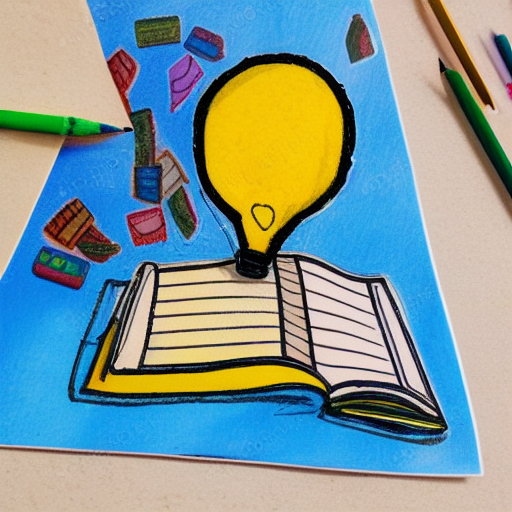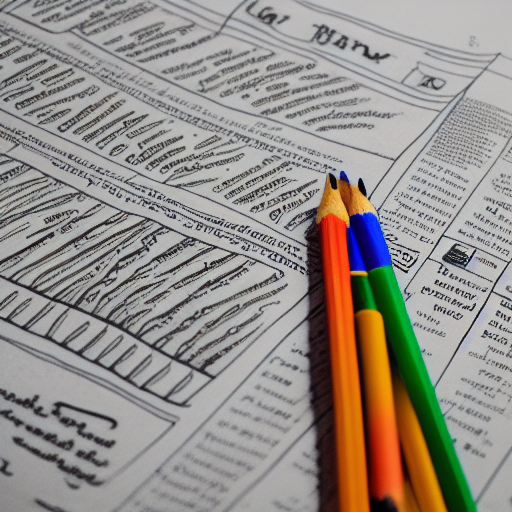Writing and Identity: Exploring how writing contributes to the formation and expression of individual and group identities.
Writing is more than just a means of communication; it is a powerful tool that influences the formation and expression of our individual and group identities. As we put pen to paper or fingers to keyboard, we craft a narrative of who we are, where we come from, and what we believe in. In this blog post, we will explore the intricate relationship between writing and identity, delving into how the written word becomes a mirror through which we understand and express ourselves.
Writing as Self-Discovery: Unraveling the Inner Landscape
Through the act of writing, we embark on a journey of self-discovery. Whether it’s journaling, personal essays, or creative fiction, the act of putting thoughts into words allows us to explore our inner landscape, aspirations, fears, and emotions. Writing becomes a private sanctuary where we unveil the depths of our being, helping us to better understand ourselves and find meaning in our experiences.
Identity Formation through Cultural Narratives
Writing plays a significant role in shaping our cultural identities. Stories, folklore, and historical accounts passed down through generations form the fabric of our collective identity as a group or community. As we read and write these narratives, we weave ourselves into the rich tapestry of our cultural heritage, connecting us to our roots and forging a sense of belonging.
Writing and Personal Narratives: Owning Our Stories
Each individual’s life is a tapestry of unique experiences, and writing allows us to weave these experiences into our personal narratives. Autobiographies, memoirs, and personal blogs enable us to reflect on our journey, successes, failures, and personal growth. By owning and sharing our stories, we not only shape our identity but also inspire others to embrace their own narratives, fostering empathy and understanding.
Writing and Group Identity: The Power of Shared Words
Writing also plays a central role in forming and strengthening group identities. Whether it’s through shared values, political ideologies, or common goals, the written word unites individuals in a collective identity. Group members find solidarity in written manifestos, mission statements, and shared literature, amplifying their voices and mobilizing action.
The Duality of Writing and Identity: Adaptation and Reclamation
Writing is a fluid expression of identity, enabling individuals to adapt, negotiate, and reclaim their sense of self. In multicultural societies, individuals may navigate multiple identities, crafting different narratives to accommodate various cultural contexts. At the same time, marginalized groups may reclaim their narratives through writing, empowering themselves and challenging dominant narratives that have misrepresented or silenced them.
Empathy and Understanding: Bridging Identity Divides
Through writing, we can step into the shoes of others, fostering empathy and understanding across diverse identities. Literature, in particular, provides a window into different worlds, cultures, and perspectives, broadening our horizons and challenging preconceived notions. In this way, writing can bridge divides, break down barriers, and foster a more inclusive society.
Conclusion
Writing is a profound tool that shapes and reflects our identities, both as individuals and as part of larger communities. It empowers us to explore the depths of our inner selves, strengthen our cultural connections, and own our unique stories. As we embrace the power of the written word, let us recognize its potential to foster empathy, understanding, and inclusivity, making the world a place where diverse identities are celebrated and united in the common thread of humanity.







